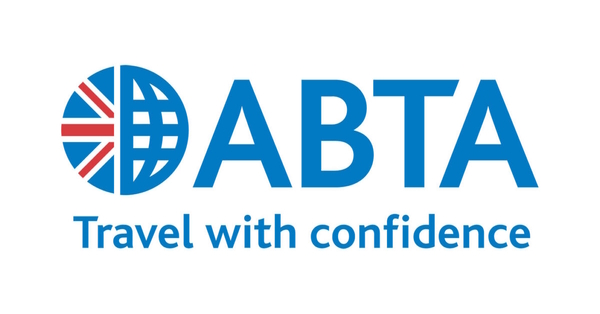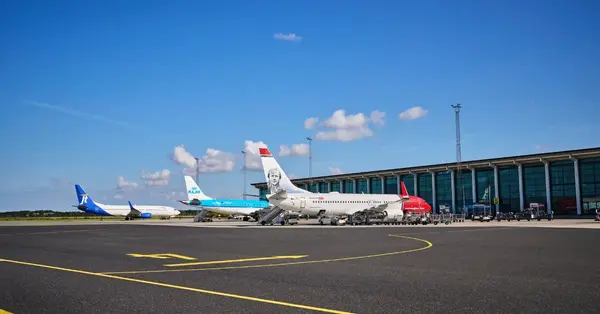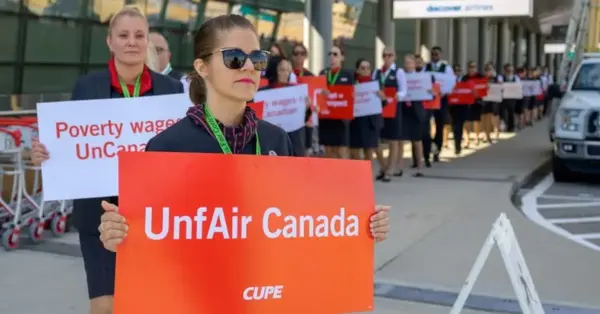Analysis: Trading Standards unhappy with PTRs reform
Local enforcer of Package Travel Regulations opposes key aspects of Department for Business proposals, reports Ian Taylor

Trading Standards has come out sharply against several government proposals for reform of the Package Travel Regulations (PTRs), including those to allow greater flexibility in provision of insolvency protection and relax territorial restrictions on insurance providers.
In a detailed response to Department for Business and Trade (DBT) proposals in a consultation launched this month, Bruce Treloar – lead officer for holiday and travel law at the Chartered Trading Standards Institute (CTSI) – noted the government has dropped some “totally unworkable suggestions” from an earlier Call for Evidence in 2023 but “not produced anything new”.
However, he argued a proposal to allow trust accounts to be mixed with bonding to protect non-flight packages “makes no sense at all”.
Treloar noted: “Bonding has high set-up costs and if you pay that minimum fee to organise it, you might as well bond everything and free the money that would otherwise be tied up in the trust account.”
He suggested this is the “overwhelming opinion” Trading Standards has heard in “discussions with business” and insisted: “Keep it as it is.”
Treloar also described a proposal to remove territorial restrictions on insurance providers as “a nightmare for enforcers of the PTRs”, insisting: “We see no reason to change the current requirements.”
At present, insurance providers must be based in the UK, Channel Islands or Isle of Man, and Treloar said: “CTSI opposes any attempt to allow overseas insurers to provide this cover as, when problems occur, enforcing insolvency protection requirements against insurers based outside the UK would be difficult.
“Only a company that is Financial Conduct Authority (FCA) regulated and registered at Companies House can be checked adequately by enforcement.”
Treloar argued there would be “even more risk” if an overseas insurer was “unwilling or unable to step in at the point of [a travel organiser’s] failure” and urged: “This idea should be rejected.”
Trading Standards is responsible for local enforcement of consumer law, including the PTRs.
Right to redress ‘yes’, domestic packages ‘no’
The CTSI is in favour of clarifying organisers’ rights to redress from suppliers if required to refund customers when a supplier is responsible, noting “some third parties will refuse to refund the organiser, often claiming they are not required to” despite the current “express right to seek redress” in Regulation 29 of the PTRs.
Treloar argued “a clear statement of the right to recovery is needed” and said the DBT “should consider the rebate being paid to the package organiser within a shorter period” than the 14 days proposed.
However, the CTSI opposes removing UK domestic packages from the PTRs, coming out against a proposal toexempt domestic packages which exclude travel arrangements.
The DBT argues the exemption would “encourage provision of arrangements that involve accommodation and other tourist services, such as excursions or admission to events”.
But Treloar said: “Consumers expect that the product delivered matches the promises made at the time of purchase, [and] that the package organiser will offer assistance if problems arise.”
He reported the CTSI considers all domestic packages “should remain in the PTRs” so that “consumers continue to receive the protections offered” and because “a consistent position for domestic and international packages may benefit organisers that offer both types of packages”.
Treloar noted that Citizens Advice complaint statistics provided to the CTSI for the 12 months to March 2025 showed more consumer complaints about domestic holidays (3,501) – related to UK package holidays, self-catering accommodation, hotels, guest houses and B&Bs – than to holidays abroad (3,177).
Linked Travel Arrangements ‘should go’
Linked Travel Arrangements (LTAs) “should be removed” from the regulations and not modified, according to Trading Standards.
Treloar noted “there have been no LTA prosecutions or civil actions” since 2018 and said: “Consumers are confused [by LTAs] and the majority of businesses don’t understand them.”
He suggested the confusion extends to regulators over linked bookings online when those made within 24 hours constitute a package if the purchaser’s name, email and payment details are shared but an LTA if they are not – noting these are “similar scenarios with totally different protections”.
Treloar points out a CTSI consumer poll in June 2023 found almost one in five believed an LTA offered more protection than a package, while a CTSI survey of industry stakeholders found none believed organisers knew when they created an LTA or understood the obligations.
The DBT has recognised the need to reform LTAs, noting “few businesses use them”. However, it proposes to retain the LTA category but “limit the ways in which an LTA can be created”.
There are currently two types of LTAs, involving the purchase of two or more services for a single trip – type A involving two or more services under separate contracts with individual providers made on a single contact with a point of sale, and type B involving separate payment for two or more travel services for the same trip through targeted, linked online booking processes within 24 hours.
The proposal is to abolish type B and replace type A with a single definition, “to provide clarity about when an LTA will be created”.
You have viewed both of your 2 free articles this month as an unregistered user
To continue reading, please register with Travel Weekly free of charge, or if you have already registered click here to login

















